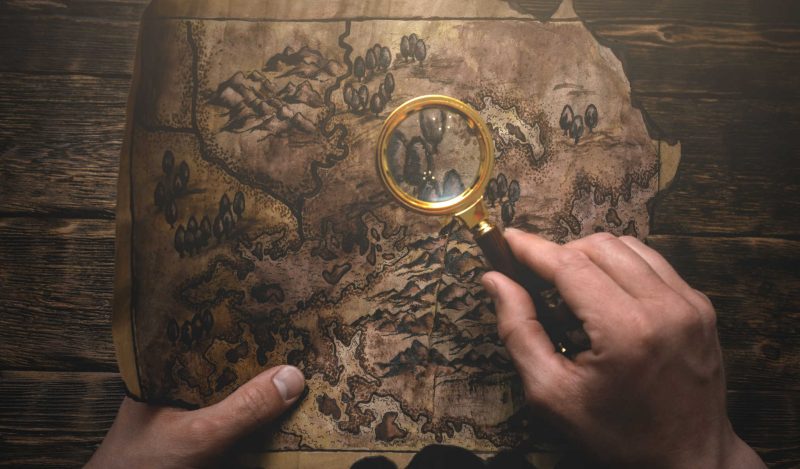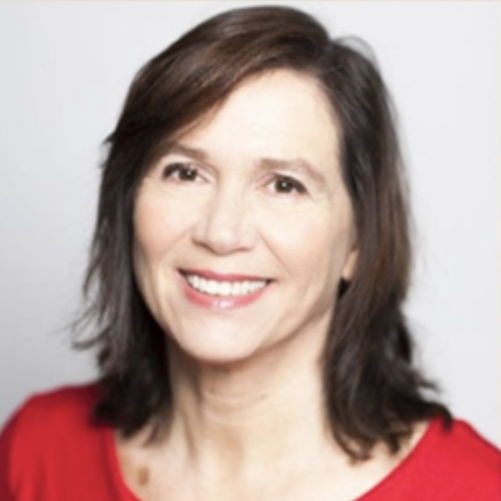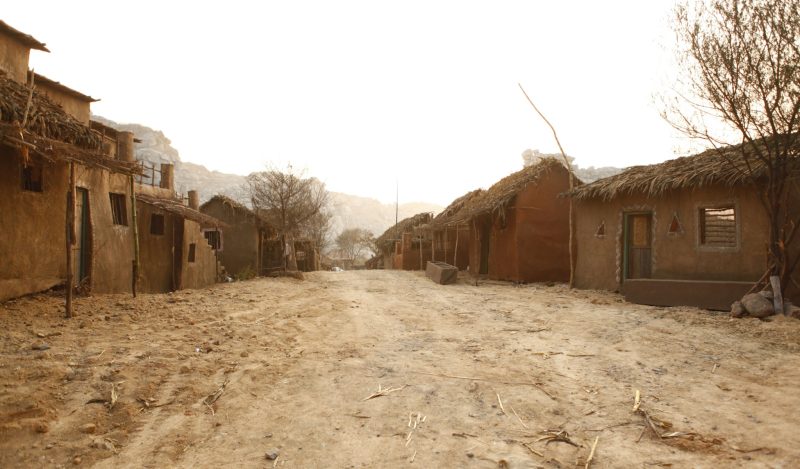“Follow the science,” that pesky little meme, has followed us like a bad dream throughout the Covid-19 pandemic. Those in favor of prolonged restrictions latch onto the phrase to justify their positions. Skeptics retort that science isn’t a completed edifice, a church where we gather to worship, but a constantly evolving body of knowledge.
Still others, like Drs. Marty Makary and Tracy Hoeg in a July 2022 guest article for Bari Weiss, point out that the slogan often serves as a cover for following the party line. They call out the FDA and CDC for making public health decisions based on “what’s politically palatable to people in Washington,” rather than good science.
All this is true, of course. But “follow the science” misfires on a more fundamental level. Even assuming a perfect pandemic science, a science that can predict with 100% accuracy which mitigation measures work and which ones don’t, the slogan makes no sense. Like, literally—in a two-plus-two-is-five kind of way.
Don’t take it from me. Take it from Yuval Harari, the author of Sapiens and other mega-hit books that consider history and humanity through a wide-angle lens. “Science can explain what exists in the world, how things work, and what might be in the future,” he writes in Sapiens. “By definition, it has no pretensions to knowing what should be in the future.”
Here’s Harari again in a Financial Times retrospective of the pandemic’s first year: “When we come to decide on policy, we have to take into account many interests and values, and since there is no scientific way to determine which interests and values are more important, there is no scientific way to decide what we should do.”
Science can observe and predict, but it cannot decide. It cannot be followed.
Vinay Prasad, Associate Professor of Epidemiology and Biostatistics at the University of California in San Francisco, says much the same thing in a Medpage Today editorial: “Science does not determine policy. Policy is a human endeavor that combines science with values and priorities.”
We’re talking about the NOFI [No Ought From Is] principle here. It’s a legacy of 18th-century Scottish philosopher David Hume, who intuited that we can’t hop from the material sphere (what is) to the moral one (what we ought to do). Science gives us data—projections, cases, hospitalizations, and so on—but it cannot, by definition, tell us how to react to the data. It’s beyond science’s pay grade, if you will.
People make decisions, not viruses
There is no direct line connecting a threshold of cases or hospitalizations to a decision to mask schoolchildren (or any other policy). Whatever the circumstances, we have choices—and these choices flow from our values. If we think nothing matters more than curbing transmission, we’ll make one choice. If we think a free and unfettered childhood takes precedence, we’ll make another choice.
All those news headlines insinuating that “the virus decides” ignore this subjective dimension. You know the headlines I mean: “Surging cases push some college classes online,” or “New variant moves cities back to mask mandates.” They’re passing the buck to the virus: Hey, don’t blame our leaders, it’s the virus making these decisions.
Um, no. There is no gravitational force that causes a geography class to move to Zoom when cases reach a certain level. And I’ve never known a variant to strap a mask on someone’s face. It’s people making the decisions. People, not viruses.
Science is like a weathervane: it gives you information, which you can use to decide on a course of action, but it doesn’t tell you what to do. The decision belongs to you, not to the swirling metal rooster. A weathervane can tell you there’s a stiff wind coming in from the northwest, but it can’t tell you how to respond to the data.
One person may deem it insane to step outside on such a windy day, while another may see it as the perfect day for a bracing walk. Neither one is being unscientific: they’re both following their internal compass—their values.
We must all act as one! No, we must have choices! Keep us safe! No, keep us free! Science can no more readily settle these ideological tussles than determine whether mountains are better than oceans. The safety people and the freedom people could pore over the same Covid data—the same facts, figures, variants of concern, and clinical trial results—and reach entirely different conclusions about how to proceed.
Their decisions flow from their priorities, their visions of a healthy society, not from the shape of a curve or the RNA sequence in a variant. When people tell us to follow the science, what they really mean is, “Follow my values.”
Good science looks at costs, too
Perhaps as an outgrowth of their values, many follow-the-science acolytes wave away the harms of the pandemic policies they endorse. As bioethicist Samantha Godwin notes, “We have collectively accepted, without meaningful debate, the ideological belief that the greater good can be equated with maximum COVID mitigation, without concern for or recognition of the collateral harms caused by these mitigation efforts.”
If public health advisors determine that a policy (say, universal masking in schools) will slow the spread, they call it scientific, never mind the social fallout. If community transmission rises beyond a certain threshold, they introduce the policy and call it “data driven.”
But viral containment doesn’t necessarily track with human flourishing. After all, staying home for the next 10 years would surely contain the virus more effectively than any other strategy, but few of us would agree to the deal. To conduct a truly scientific appraisal of a policy, we need to consider not just its dividends but its costs.
Which raises the question: can we really quantify such costs as a constricted social life or the inability to hear people through their masks? Yes and yes, says Paul Fritjers, a UK economist and co-author of the book The Great Covid Panic. Fritjers uses a tool called Well-being Cost Effectiveness (WELLBY) to measure exactly such things. In a July 4, 2022 presentation for Pandemics Data & Analytics (PANDA), Fritjers explains how it works. To gauge well-being, “you ask people one of the most studied questions known to mankind: Overall, how satisfied are you with your life nowadays?” If they answer 8 or higher (out of a possible 10), they’re happy campers. A score of 2 or less means they don’t much care if they live or die.
And how does this apply to Covid policies? WELLBY can put a number on the harms of specific policies, from stalled music careers to missed chances for in-vitro fertilization. The lost opportunities in everyday life—the camping trips, graduation ceremonies and summer internships abroad—also enter into the calculations. “That’s exactly what is almost impossible to capture with classic CBA [cost-benefit analysis], but really relatively easy with WELLBY,” Frijters says. If school masking slows the spread but reduces WELLBY even more, it’s an unscientific policy, pure and simple.
If the rule makers keep telling us to follow the science, the least they can do is widen the lens beyond the behavior of a virus and bring the human dimension into their calculations—the small and large moments that give meaning and texture to our lives.
Once they start doing that, I’ll start listening.
Published under a Creative Commons Attribution 4.0 International License
For reprints, please set the canonical link back to the original Brownstone Institute Article and Author.









